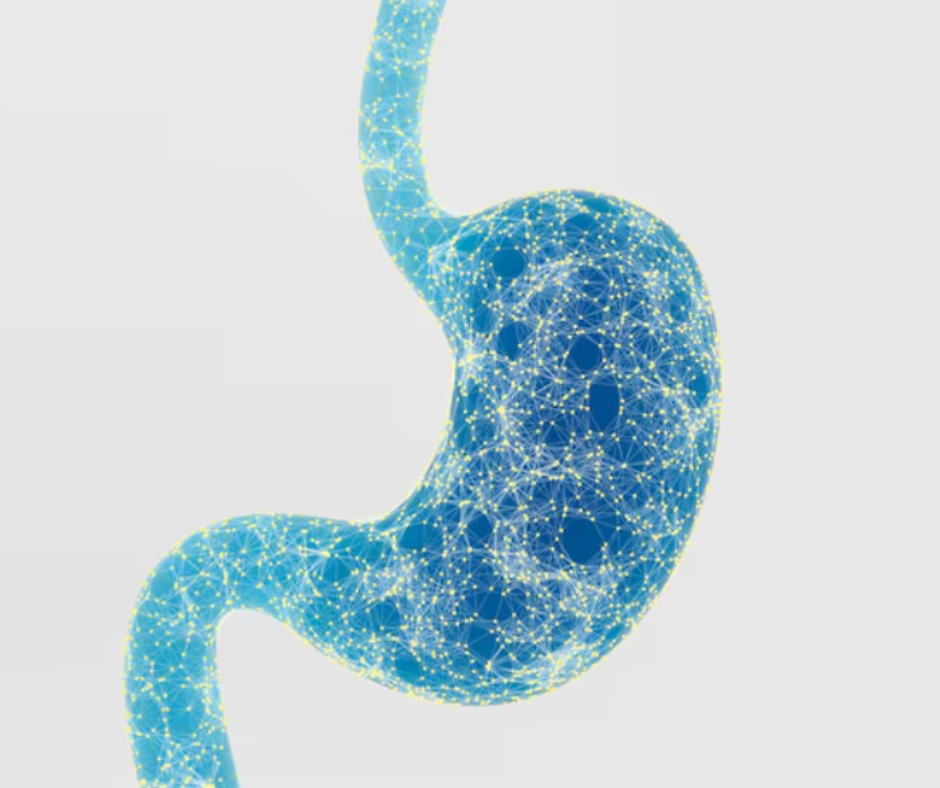Navigating Digestive Health: Unveiling the Role of a Gastroenterologist
- livercarecenter23
- Aug 21, 2023
- 2 min read
Introduction
Reference from: Gastroenterologist in Kochi
In the complex orchestra of bodily functions, our digestive system plays a pivotal role in maintaining our overall well-being. From breaking down food and absorbing nutrients to eliminating waste, this intricate system requires meticulous care and attention. And when things go awry, a specialist in the field of gastroenterology steps in as the conductor of the digestive symphony.

Understanding the Gastroenterologist's Role
A gastroenterologist is a medical professional who specializes in the diagnosis, treatment, and management of conditions that affect the digestive system. This includes organs such as the esophagus, stomach, liver, pancreas, gallbladder, small intestine, and large intestine. From minor discomforts to severe disorders, these specialists are equipped to address a wide range of gastrointestinal issues.
Educational Journey of a Gastroenterologist
Becoming a gastroenterologist is no small feat. After completing medical school, aspiring gastroenterologists undergo a residency in internal medicine, followed by a fellowship in gastroenterology. This extensive training ensures that they develop a deep understanding of the intricacies of the digestive system and gain hands-on experience in diagnosing and treating various gastrointestinal disorders.
Common Conditions and Procedures
Gastroenterologists encounter an array of conditions in their practice. Some of the common issues they deal with include:
Gastroesophageal Reflux Disease (GERD): This chronic condition, commonly known as acid reflux, occurs when stomach acid frequently flows back into the esophagus, leading to symptoms such as heartburn and regurgitation.
Inflammatory Bowel Disease (IBD): Conditions like Crohn's disease and ulcerative colitis fall under the category of IBD. Gastroenterologists play a crucial role in managing the symptoms and complications associated with these chronic inflammatory conditions.
Liver Diseases: Gastroenterologists are well-versed in diagnosing and treating liver diseases, including hepatitis, fatty liver disease, and cirrhosis.
Colon Cancer Screening: Regular screenings for colon cancer are essential for early detection and treatment. Gastroenterologists perform procedures like colonoscopies to identify any abnormalities in the colon.
The Diagnostic Journey
A significant part of a gastroenterologist's role involves accurate diagnosis. They use a combination of medical history, physical examinations, and advanced diagnostic tools to pinpoint the root cause of digestive issues. From endoscopies to imaging studies, these specialists employ a range of techniques to provide accurate assessments.
Holistic Approach to Treatment
Gastroenterologists don't just treat the symptoms; they approach each case holistically, taking into account the patient's overall health and lifestyle. This approach often involves dietary recommendations, lifestyle modifications, and, in some cases, medication or surgical interventions. The aim is to provide personalized care that addresses the underlying causes of the issue.
Collaboration with Other Specialties
Digestive health is interconnected with various aspects of our well-being. Gastroenterologists frequently collaborate with other medical specialties such as nutritionists, surgeons, and radiologists to ensure comprehensive patient care.
Conclusion
In the realm of medical specialties, gastroenterology stands as a cornerstone of digestive health. Gastroenterologists not only diagnose and treat digestive disorders but also empower patients with knowledge about maintaining a healthy gut. As we continue to unravel the complexities of the digestive system, these specialists remain dedicated to ensuring that our digestive symphony plays harmoniously, promoting overall wellness.



Comments